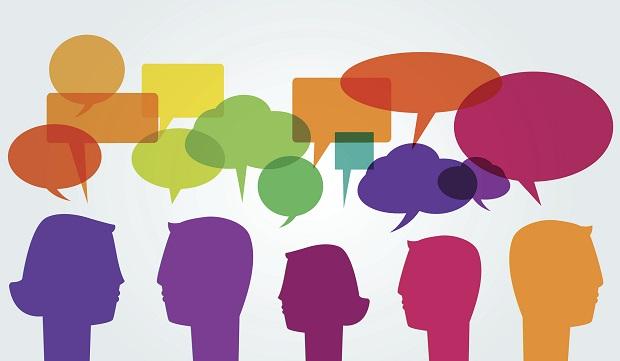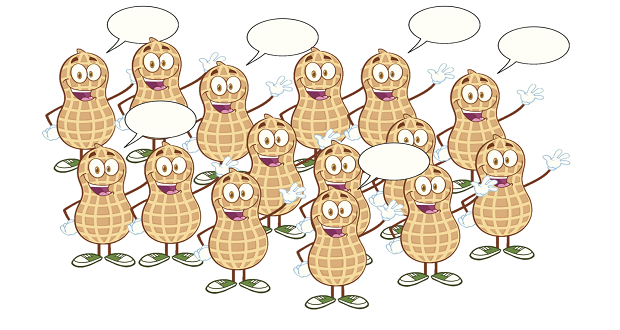Millions of people use social media, and the numbers continue to rise on a daily basis. Facebook has over 845 million active users. Twitter has over 127 million. New social media sites continue to pop up all over the internet (See: Infographic on Social Media Usage). The good thing about social media is that it allows people to express themselves to others, uncensored. The bad thing about social media is that it allows people to express themselves to others, uncensored.
Over the past several months there have been several incidents where people have used social media sites, such as Twitter and Facebook, to express their racist thoughts.
When the movie The Hunger Games came out, fans were outraged by the race of one of the lead characters, Rue. In the movie she was played by a black actor. And apparently, in the book that the movie was based from she is described as having “dark brown skin”. Maybe the diehard fans missed this detail. It is funny how our unconscious biases can make us believe one thing even though the opposite is written in black and white. Immediately after the film’s debut, racist tweets popped up over Twitter from fans upset that the character Rue was a black girl. One fan tweeted: “Why does Rue have to be black. Not gonna lie, kinda ruined the movie.” Another: “Awkward moment when Rue is some black girl and not the innocent blonde girl you picture.”
Another incident happened about a month ago involving the National Hockey League. After Joel Ward, a black hockey player for the Washington, DC Capitals, scored the winning goal during one of the Stanley Cup playoff games, the opposing teams (Boston Bruins) fans responded with a barrage of racist tweets. Hockey is not a sport where you generally see black players. About 4% of the NHL players today are black. Ironically, it was the Bruins who signed the NHL’s first black player in the 60s. Bruins fans expressed their anger over the loss by attacking Ward using N-word on Twitter.
Facebook has also seen its share of racism. A member of a school board near Chicago allegedly posted a photo of a black child on his Facebook page with the comment “IT’S FRIDAY NI**A’S,” according to CBS Chicago. Also in Chicago, a bartender at a local nightclub was fired after her racist Facebook post went viral. Her post, referencing the African American customers of the nightclub where she worked, used the N-word and described them as “ignorant” and “animals.”
This is not just occurring in the United States. In Britain a student was jailed for his racist expressions on Twitter. Liam Stacey was sentenced to 56 days in prison for posting offensive comments on Twitter after Fabrice Muamba, a soccer player for the Bolton Wanderers, suffered a cardiac arrest during a game. Stacey plead guilty to Britain’s Racially Aggravated s4A Public order Act 1986 (Intentional harassment, alarm or distress).
These incidents reveal even further that we are not living in a post-racial society. Should social media sites be censored? Would that violate freedom of speech?
What is the Inclusion Solution? Let us hear from you in the comment section below.
This post was written by Mareisha N. Winters, Vice-President of The Winters Group, Inc.





















Alot of people have their prejudices as it relates to race. It is my belief that the Caucasian race do it out of instinct and African-Americans do it as a defense mechanism. This issue came up with my debate instructor in college, whom I thought was prejudice, but later learn after spending time with her after class that she was a caring human being. The key lies in exploring other cultures and learning from each other. We can overcome this stepping stone by not judging ones color of skin but the content of their character (M L King). The GOD I served made us all equal.